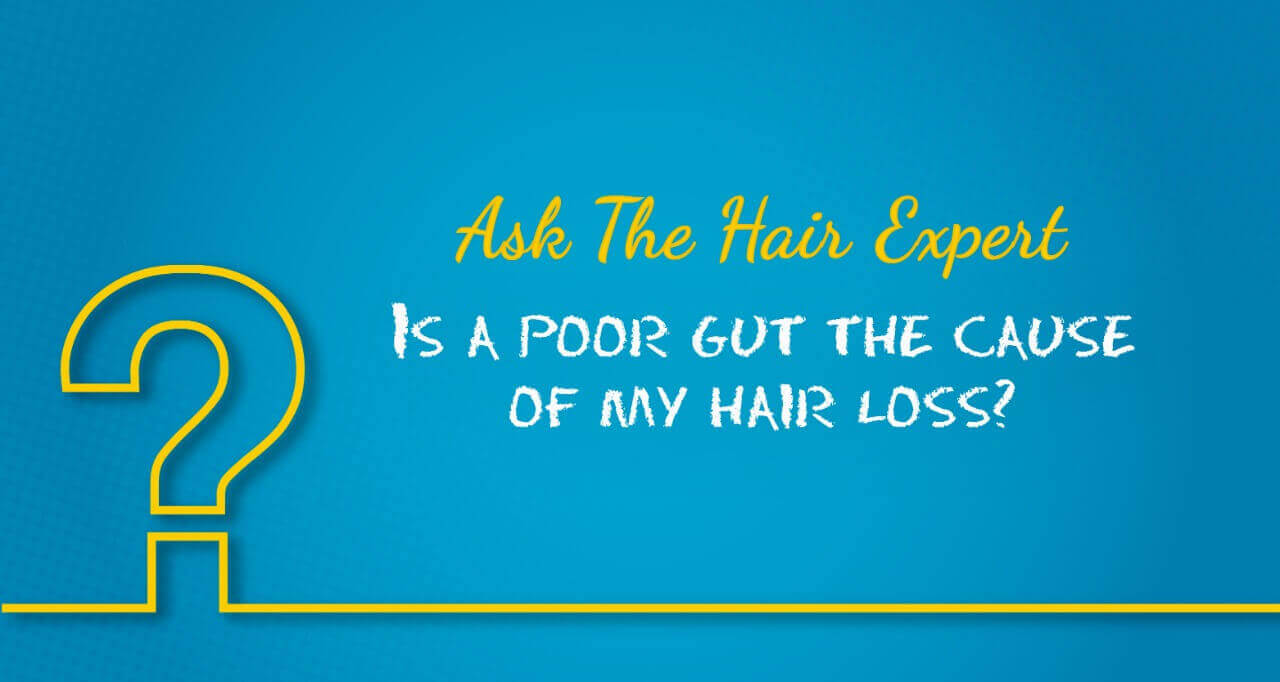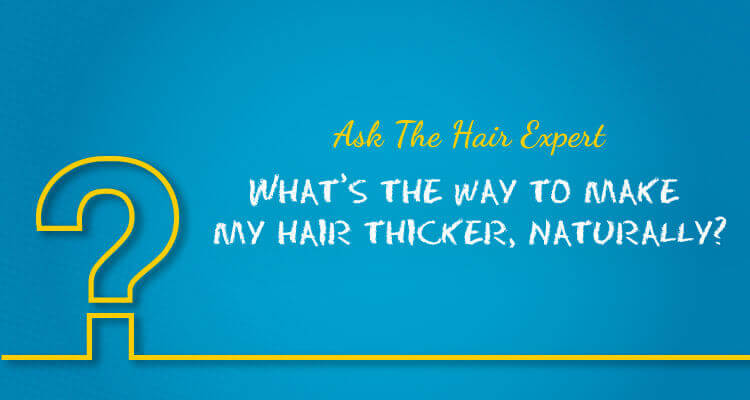Come December, and winter begins to set in. You can feel it in the early morning breeze, and the nip in the air at night. Who wouldn’t prefer this to the scorching Indian summers! Unfortunately, with winter everything seems to get dryer…duller — your skin, your lips and of course, your hair.
Winter months create a lot of stress on your hair and scalp, apart from the daily concerns of dirt & grime. While for some dry scalp is a chronic concern, for most winter is a dreaded period as the moisture is zapped out of your hair and scalp in this period. It either brings about frizzy hair, dry scalp or worsens the condition for those who are already facing problems…And all this is gender/ age-neutral!
You may have read our recent blog on the importance of scalp care, especially with winter setting in. If you haven’t yet, do read it!
Why is winter always associated with hair and scalp woes? Even those with the healthiest of hair have their challenges this season. While these months bring along with it, festivities, weddings, celebrations, parties and vacation plans, it also brings along hair trouble for most. And it becomes even more challenging when you have this full social calendar! Can’t step out to a party with hat hair, can you?!
Shedding and growing hair is a natural process (do read about Hair Growth Cycle!), as is the change in seasons. Many of you may have resigned to losing more hair during the winter months…It is true, that the winter weather triggers hair concerns. But, no – you don’t need to endure it. There are ways and means to have a happy winter with a head full of bouncy healthy hair. And it involves two important keys – (a) your hair care routine through the year & (b) hair care during winter.
The point (a) here helps ensure that your hair and scalp are strong enough to face the external stress caused by winter weather or any change in weather for that matter! Weather-proof your hair! Do read our multiple blogs on hair care, with some handy DIY tips to ensure your hair is protected against all odds!
And (b) refers to the point that while you have a routine in place, you must take extra measures during the season to stay clear of woes.
Lets first have a quick view on what happens to your hair and scalp during winter months. And then proceed to discuss point (b) which is very specific to our weather discussion today.
What happens to your hair in cold weather?
When the temperature starts to drop, and humidity levels go down, your roots and the ends dry out, and fast. The dryness is in the weather dehydrates your hair and scalp. It needs faster replenishment than normal. And if it’s not taken care of, it leads to problems. Here are some very common winter hair problems that most of us are familiar with.
-
- Dry, Dull & Frizzy HairDry air is the root cause of hair damage in winters. As the weather gets colder, moisture in the atmosphere starts decreasing, leaving the hair on the dry side. Hence, it becomes extremely difficult to maintain the health of hair and protect it from looking dull and frizzy.
- Split ends
Dry air also makes your strands brittle, stand out like straw and more prone to breakage. And as we all know, chances of split ends are higher than usual in dry or brittle hair. The situation is worsened if you are someone who frequently use heat styling tools, hot dryers, hair colours, chemical treatments or resort to vigorous brushing. All of this also aggravates the splitting of the hair shaft, especially in winter. - Static/ Flyaway Hair
Ever experienced static hair? It’s when a pool of your hair strands get stuck to your clothes, especially synthetic, nylon and polyester. So, if you are a science person, you would certainly know that lack of humidity in the air during winter months causes electrons to move about. As these electrons come in interaction with your hair, it causes an electric charge leading to static cling. Nevertheless, with an increase in humidity, the chances of static decrease, restoring your hair’s condition to what it was!
Dry & Itchy Scalp + Dandruff
Dry, flaky and itchy scalp go hand-in-hand with winters. Dry scalp causes an increase in dandruff which makes your head itchy and unhealthy. A lot of dandruff also leads to a significant amount of hair loss in winter. Imagine how awkward would it be when you are with your friends, colleagues or seniors and scratching your head and weak strands falling out! Not a very happy sight, right?
- More hair fallWhen your hair goes through any/all of the above, there is definite hair fall. And if unattended, then hair loss. This is the end-result of unattended hair and scalp during winter!If you observe excessive shedding, do ensure that you visit a trichologist to rule out any other concerns than just ‘winter-woes’. Hair type and scalp condition vary from person to person – as is the reaction to elements of weather change. Take timely professional help to avoid any irreversible damage.
How to beat this phase and keep your hair healthy?
Now comes our point (b) discussion. And this is when you are ensuring that point (a) is otherwise covered!
So what can you do additionally to take extra care of your hair this winter so that it looks its best for the New Year? Here is some solid simple advice.
- Regular oiling
What better than a moisturizing oil massage when your hair is fighting with dry air! Oiling has always had its own perks and picking natural oils like Coconut, Jaborandi, Argan, Brahmi, Almond, Sesame or Olive during the winter season promise you the best results!This will help reinforce the strength of your hair follicles and reduce the threat of hair loss by keeping the roots and hair well-nourished. Moreover, regular oiling prevents dandruff and promotes hair growth by improving blood supply to roots. This means taking grandma’s advice and oiling it twice a week, especially if you are naturally prone to dry hair. Always try to leave the oil overnight and wash off the next morning.Do read our blogs on the importance of oiling and also understand what kinds of oil will best suit you! - Hair wash the right away
Hair requires only a limited amount of washing, just enough to cleanse your hair of dirt. In winter, you should be extra careful so that your natural hair oils are not depleted due to excessive washing.Wash it right, using the right shampoo for you. Choose a shampoo that is meant for your hair and scalp condition, especially given the features of this season, is key to combat the inevitable damage. Your trichologist can help you with this tricky one. And no back-forth strokes to wash your scalp – this can cause tangles, breakage and even weaken the follicles, which are already struggling with dryness. - Moisturise with Conditioner
This is one hair care routine step which is skipped way too often. And this step is perhaps the most crucial in winters. Conditioning works on your hair’s outer most layer, the cuticle. The cuticle is supposed to be flat and smooth for it to be healthy, look healthy, shiny and overall have a better body. Your hair looks alive and bouncy when your cuticle is smooth & healthy.Now, during winters, the maximum impact is on the cuticles, leaving them exposed to damage. By conditioning after every wash, you ensure that the cuticle serves its purpose as the protective shield that its meant to be.Look for a conditioner with cetyl alcohol. It is the best moisturizing agent and is derived from coconut. The molecular structure of coconut oil is too large to penetrate the hair cuticle, but by extracting the molecule and altering its size, you end up with Cetyl alcohol. Another ingredient to look for is Cetearyl alcohol. It is a very good moisturizing agent for conditioner and shampoo.Most people can get away with a good moisturizing conditioner. If your hair is very damaged or dry, look for a moisturizing shampoo as well! Deep conditioning once a week is a must in this season.Read our blog on the importance of conditioning, which conditioner to use for what kind of hair, how to use them and more.
- Do not leave your hair wet
Drying your hair during winters is a challenge for sure. But you HAVE to ensure that you do not step out with wet hair or much worse, sleep with wet hair. Apart from this being a surefire way to catching a cold (!), it’s also a cause of concern for your hair and scalp. Your hair gets more tangled, and while you tug at it to untangle, you end up breaking it. Remember, hair is at its weakest when wet.Further, if you leave your hair wet for long, it becomes cold in this weather. The hair shaft expands then, making it very prone to breakage. If you are someone who colours hair, then this also ends up fading your colour faster.Try to avoid vigorous towel movements because that’s just a recipe for hair breakage and damage. Just put your hair up in the towel and then there is no risk of water resting on your shoulders and causing you any discomfort. Do air or fan dry. And do not comb your hair when wet!
Use a blow dryer if you are in a hurry, but in please do so only in a moderate heat setting. Give yourself and your hair that extra time during winters to dry out well. Plan your wash day accordingly. - Moderate styling equipment usage
While cold hair has its issues, so does applying heat on hair! If you follow our blogs, you know our take on using styling equipment that works on heat! While we don’t advocate avoiding them in full, there has to be moderation to its usage ‘cos it’s damaging your hair for sure!Now, when your hair is already in a fragile condition during these months, frequent use of those hot dryers, perming rods and straighteners will only worsen your hair’s condition. Do try to keep it natural as much as possible. Go for styles that can be worked out with leave-in conditioners (that will also help you keep your hair moisturised!) and clips! You will find online tutorials by the dozen for natural styling! Go for it! - Comb right
Dry air also causes the hair to tangle more. Hence, you should always comb your hair from the middle while working it downwards, to reduce the strain on your scalp and not weaken the roots. Remember, do not comb the tangled hair, especially when wet. Excessive pulling of tangled, wet hair increases your chances of hair breakage and eventual hair loss. Heard about fashion-induced hair loss? Yes, another thing to keep in mind is back-combing can damage your hair cuticles and ruin your hair’s quality.Use a wide-toothed comb that’s made of wood, for best results. Stay away from plastic and metal combs. This will also help you by reducing static. - Reducing static
This is something you have to be mindful of during the dry winter weather. Hair static is caused by lack of moisture in the hair. A leave-on conditioner or hair mousse can get rid of static. As mentioned above, using a brush with natural bristles and avoiding combs made of plastic bristles, can help reduce static. Wiping your hair with a soft tissue or fabric can also help you combat this issue. Also, use a satin pillowcase for your sleep time! - Tie a scarf when out in open
Love tying scarfs? Here’s the best reason to don them! Style your way and keep your hair healthy, all at once! Tying a soft silky scarf prevents dryness and loss of moisture. It keeps your hair covered and away from wind and dirt thereby safeguarding it from damage. - Get a trim
Its the perfect time to go get that trim. Haircuts are a great way to keep your crowning glory in a good state and save it from external damages. Cutting/trimming it at timely intervals can be a saviour this season. You can also go a fresh hairstyle up ahead of the new year! - Maintain a healthy diet & stay hydrated
You know the importance of a good diet for health as well as hair, right? And also, that unhealthy diets can result in hair loss? If you are someone who follows our blogs, you know how much we emphasise on this for good hair. Lack of key vitamins, minerals and other hair nutrients in your diet can cause loss of hair. Poor diet and nutritional deficiencies inhibit your body’s ability to build new hair follicles. Ensure you have green meals and sufficient proteins as required in cold weather.Water is the magic potion that we all need. In this dry winter weather, your hair needs to be hydrated from within first, then on the outside! Do drink plenty of water and keep your body and hair well hydrated. Dehydration worsens the dryness. Want to prevent hair and scalp problems? Drink up. Staying hydrated prevents split ends and brittle hair, nurturing shiny, radiant hair. - Regular hair care routine
A good haircare routine is as important as water to our body. Hence, the most important of all is ensuring that you follow a steady disciplined hair care routine all year round, and especially in the winters. Do not skip out though the weather can get quite lazy! Oil. Wash. Condition. Deep Condition. And follow all the tips we have shared to ensure your hair stays strong and all-weather!
Also, while on the topic, do stay clear on some very common hair care mistakes people tend to make. Do read about it and reach out to us for any queries. - Consult a Trichologist
Who better than a trichologist to help you keep your strands strong and healthy! Consulting a well-qualified and certified hair doctor at timely intervals can help understand your hair and scalp’s condition. From choosing the right oil to fixing you up with a hair care routine that suits you, your trichologist is the go-to person for your hair.
Do also pamper your hair with tricho treatments, under your doctor’s guidance, like hydrotherapy, especially in this season, to replenish the moisture & nutrients in your hair.
So that’s our hand-out on all things Hair for the upcoming season. It’s a season of joy and cheer, and that’s how it should be! Your hair should be the last thing on your mind when you are cruising through holidays, parties, celebrations and festivities!
Let’s make great hair with great care this season! Say bye to all your hair woes and leave all those bad hair days behind, this winter. Don’t forget, good hair not only attracts attention but also captures the heart! Feel good about your hair while looking your best!
For more, do follow our blogs on hair care, and also on hair loss, treatments and solutions apart from interesting hair trivia! You can also connect with us on social media on the links below. Do leave your questions & comments and we will address them all!



